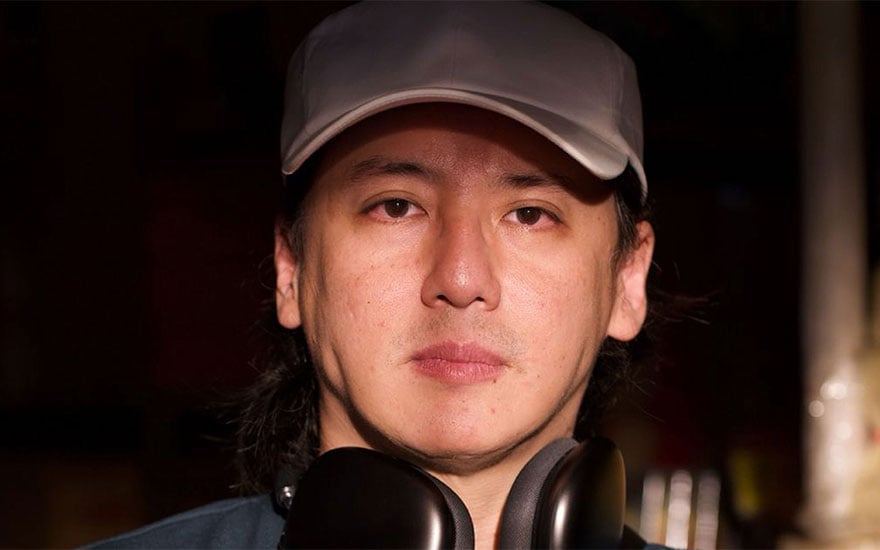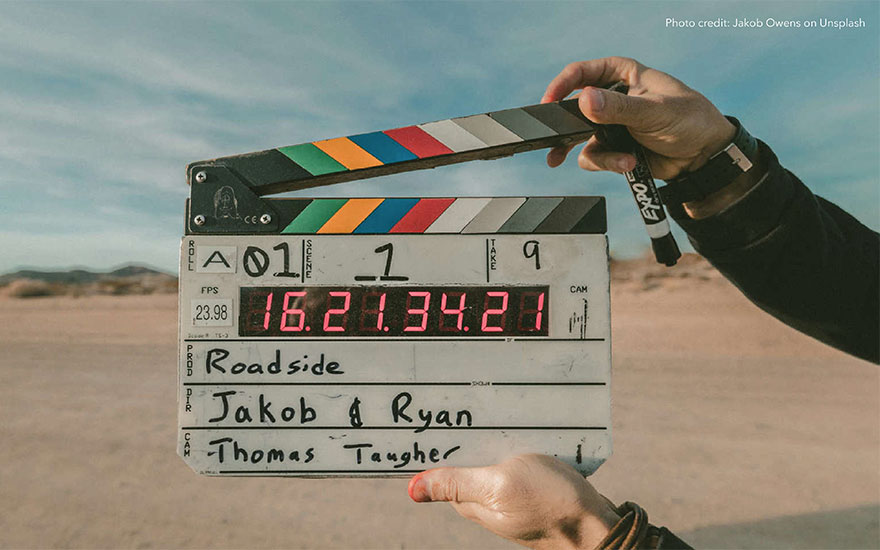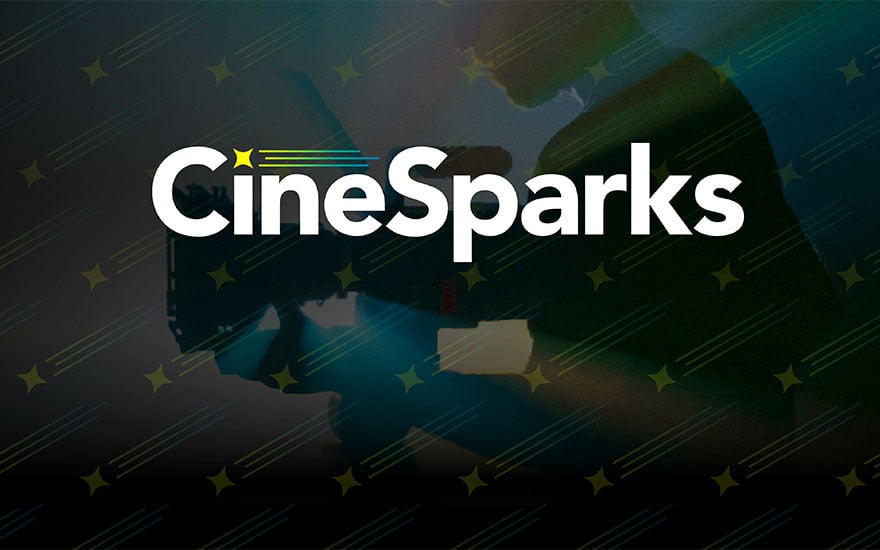A CineSparks Webinar with Singaporean filmmaker Yee Wei Chai
In recent years, hyperlocal films have emerged as a defining force in Southeast Asian cinema, offering fresh perspectives and bridging cultural divides through storytelling. Singaporean filmmaker Yee Wei Chai, 48, known for his award-winning film “Wonderland”, provides a compelling lens into this phenomenon, blending his love for cultural narratives with a passion for advancing cinema technology.
Hyperlocal stories as universal bridges
Speaking to Christie’s Chris Shu during a CineSparks Webinar titled “The rise of hyperlocal content in Southeast Asian cinema and the future of cinema technology”, Yee Wei explains that hyperlocal content, which is typically created for and consumed by audiences in a specific location, thrives on the authenticity of cultural expression.
“The heart of a hyperlocal film lies in its cultural nuances—the way families interact, the subtleties of social norms, and the unspoken bonds that resonate with viewers,” he shares. Yee Wei’s “Wonderland”, celebrated for its wide appeal, has earned accolades such as the Audience Award at the San Diego Asian Film Festival, the Local Jury Award at the Palm Springs International Film Festival, and the Most Anticipated Chinese-Language Film at the 37th Golden Rooster Awards. The film masterfully captures the restrained affection within an Asian family while exploring timeless themes of love and resilience that transcend cultural boundaries.
Such films celebrate local identities while offering moviegoers a glimpse into worlds unfamiliar yet relatable. “Hyperlocal doesn’t mean limited,” Yee Wei emphasizes. “It’s about connecting with people on a human level, showcasing stories so grounded in their roots that they become universal.”
This duality—rooted in the local yet able to strike a chord globally—has fueled the rise of Southeast Asian films across international markets. Titles like “How to Make Millions Before Grandma Dies” from Thailand and “Mai” from Vietnam have captivated audiences far beyond their home countries, thanks to their strong narratives that are both deeply emotional and heartwarming.
A shift in audience preferences
Southeast Asia’s diverse linguistic and cultural tapestry has long accustomed audiences to subtitled content, fostering openness to stories from other regions. “Even in the 1970s, audiences here embraced Cantonese kung fu movies with subtitles,” says Yee Wei, who highlighted classic films by Bruce Lee and Jackie Chan that have achieved enduring cult status. This ingrained habit has made today’s viewers more receptive to global narratives.
The COVID-19 pandemic further amplified this trend. As Hollywood faced production delays and the 2023 screenwriters strike, local films filled the void, capturing moviegoers eager for fresh stories. Vietnam and Indonesia, for instance, saw domestic films claim over 50% of the box office revenue in 2022—a testament to the power of local storytelling.
Yee Wei observes, “Audiences are hungry for narratives that reflect their own cultures and experiences. The pandemic simply accelerated what was already happening—a reawakening of interest in local content.”
Leveraging technology for authentic narratives
The accessibility of cutting-edge technology has leveled the playing field for filmmakers in Southeast Asia. Yee Wei, who also founded the Dolby Atmos and Dolby Vision-certified Mocha Chai Laboratories in Singapore, champions the integration of high-quality tools in filmmaking.

“Technology enables us to tell stories with greater precision and impact,” he says. The use of HDR (High Dynamic Range) technology, for instance, allows filmmakers to unlock a broader spectrum of color and contrast, making visuals more vibrant and immersive. Yee Wei notes, “With HDR, the same budget can yield a film that looks and sounds far superior, encouraging filmmakers to push creative boundaries.”
However, Yee Wei cautions against neglecting the storytelling aspect. “Tools are only as good as the story they serve. A hyperlocal narrative grounded in authenticity is what truly captivates audiences.”
Cultural identity as a unique selling proposition
Yee Wei underscores the critical role of cultural identity in crafting hyperlocal films. He highlights the tremendous success of Hong Kong cinema in the 1970s and 1980s, and South Korea’s current global dominance in movies, TV dramas, and music, attributing their widespread appeal to their strong cultural foundations.
Yee Wei observes, “Audiences are hungry for narratives that reflect their own cultures and experiences. The pandemic simply accelerated what was already happening—a reawakening of interest in local content.”
“Your culture is your unique selling proposition,” he advises filmmakers. “Audiences are drawn to fresh perspectives that offer something they’ve never seen before. Hyperlocal films achieve this by leaning into their cultural uniqueness.”
For Yee Wei, the key lies in universal themes presented through a culturally distinct lens. “A story about love in Asia and one in the West share the same essence. What sets them apart is how they’re told—the cultural nuances that make them special.”
The future of hyperlocal content and cinema technology
Looking ahead, Yee Wei envisions a future where hyperlocal content continues to thrive, supported by advancements in cinema technology. He highlights the growing adoption of HDR in premium cinema halls as a game-changer, bridging the gap between traditional screens and the superior quality demanded by today’s audiences.
“The cost of producing quality films has dramatically been reduced, especially for dramas,” he asserts. “There’s no excuse for us to say, ‘We can’t match Hollywood quality,’ and for Southeast Asian filmmakers, that’s a huge opportunity. It’s really about knowing how to get the most out of the technology available to you. The challenge lies in execution—ensuring the story and technical elements work harmoniously.”
Yee Wei also stresses the need for collaboration between regional filmmakers and international partners to elevate the quality of local productions. “Understanding workflows and maintaining high standards are critical. We have much to learn from Hollywood, but we also have unique stories to share that the world is eager to see.”
Telling stories that matter
As hyperlocal content continues to gain prominence, it stands as a testament to the potential of storytelling rooted in authenticity and cultural identity. Filmmakers like Yee Wei are leading this charge, proving that local stories can resonate internationally when crafted with care and supported by technology.
“In the end, it’s about telling stories that matter,” Yee Wei concludes. “Stories that reflect who we are, inspire empathy, and connect us across cultures. That’s the true power of cinema.”
By embracing their cultural heritage and leveraging advancements in technology, Southeast Asian filmmakers are not only redefining cinema but also bridging cultures to create a more empathetic and connected world.



